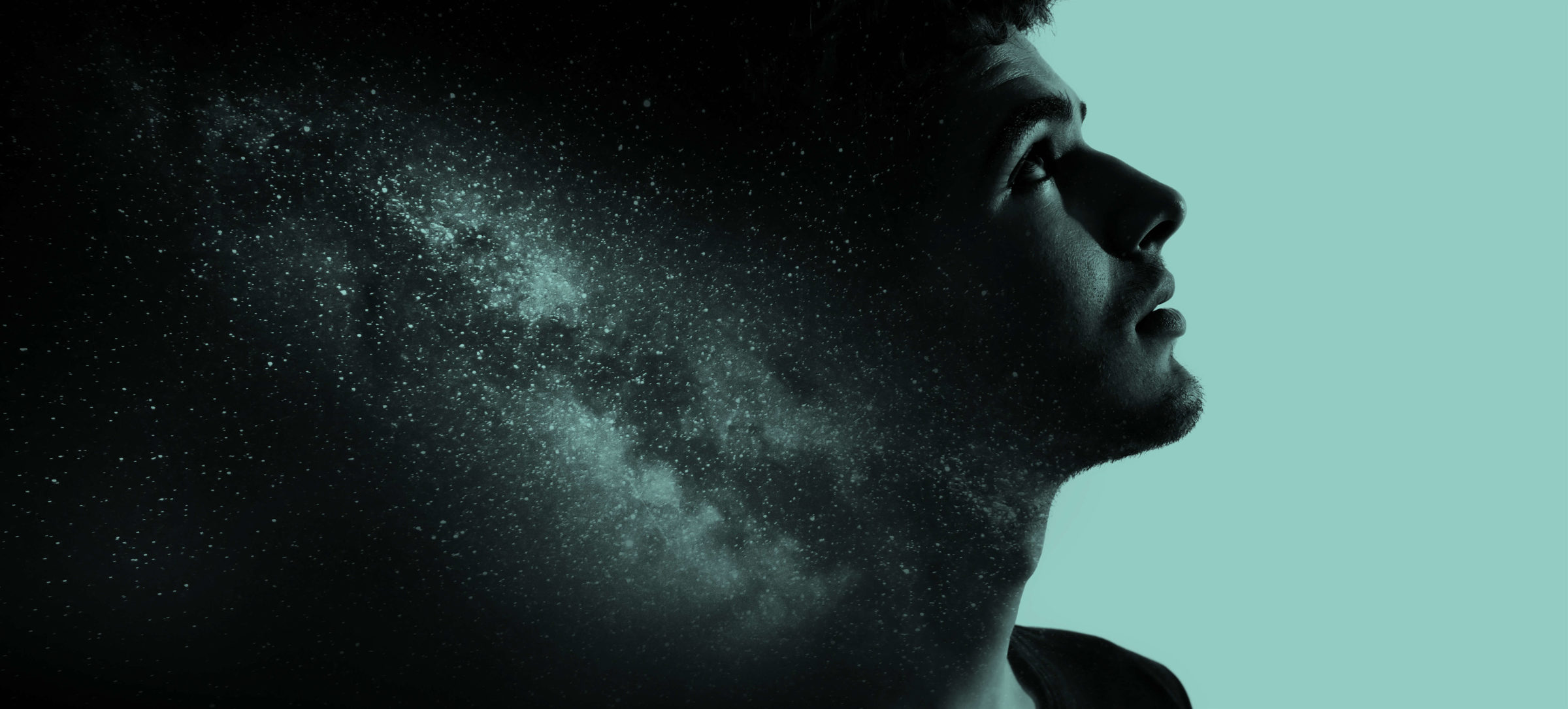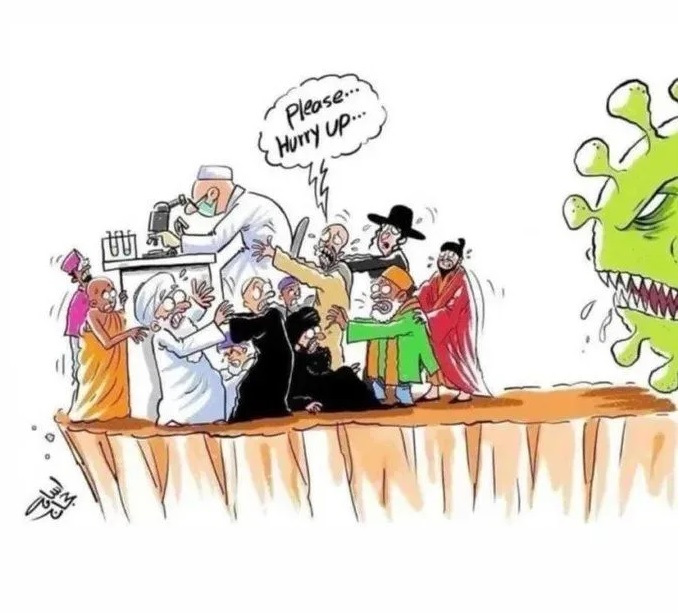
The Pope is looking to scientists to find a cure for coronavirus – but so are Ricky Gervais and Richard Dawkins
By Alper Bilgili
A cartoon, widely circulated on social media, depicts clergy of various religions in despair, begging a scientist to find a cure for COVID-19. In another, clergy are staring at a picture of a nurse who asks for silence with a “SHHH” sign. Those who share these cartoons seem certain that the ensuing pandemic once again proves the superiority of natural sciences over other forms of knowledge. Non-scientific knowledge, they suggest, is useless at best, and detrimental at worst, to humanity. In doing so, these cartoons echo new atheism’s rather superficial understanding of the relationship between science and religion. In this view science is antidote to religion, which in turn is responsible for most of the evil humanity faces. Atheists who champion this view question the benefits of religious belief as religious authorities are looking to science instead of solving the current pandemic with prayers. With some even arguing that the “failure of prayers” during the 2020 coronavirus pandemic has disproved the existence of God.

At one level, those cartoons have a point. Only science can find a treatment for COVID-19. That is why the Pope prays for scientists and top Muslim authorities underline the role of scientific research in humanity’s battle with pandemics and criticize those who reject the precautions recommended by scientific experts. They, like most of us, acknowledge the epistemic superiority of science in the fight against coronavirus. Yet, one point these cartoons are missing is the fact that it is not only religious authorities who are looking to scientists in this crisis. Atheist comedian Ricky Gervais, whose jokes often ridicule religion, is also (metaphorically) standing at the back of the scientist in the cartoon above. So are musicians, movie makers, politicians, and philosophers. Even popular scientists specializing in other natural sciences, such as ethologist Richard Dawkins, neuroscientist Sam Harris, and astrophysicist Neil deGrasse Tyson must also wait on vaccine experts. Until the latter create a viable vaccine, Gervais, Dawkins, Harris and Tyson, like all of us, religious or otherwise, must sit and wait and hope.
Relying on scientific experts, however, does not render the rest of our knowledge − philosophical, religious, moral or common sense − irrelevant. On the contrary, this crisis shows once again that humanity needs more than scientific knowledge for guidance. Scientists can inform us about the potential risks of the pandemic and calculate possible costs of different strategies, like herd immunity or suppression. But the guidance of science ends there. While science can model the trade-offs between the lives at risk and the economic burden a country would face, it does not dictate any strategy. The decision of most governments to slow down their economies to protect people from COVID-19 was not the conclusion of any single scientific study. Instead, the decision was based on moral judgements including valuing the sanctity of life. If key decision makers had chosen the economy over human life, their decision would be no less scientific than the current one. In other words, far from rendering non-scientific knowledge irrelevant, this crisis has shown that we need moral values, whether secular or religious, that can guide politicians in their decision making processes. However, many of those who believe the pandemic proved scientism right miss the point that their respect for human life is not coming from the natural sciences. Indeed, this was the reason Ali Demirsoy, a prominent Turkish biology professor caused considerable reaction after his remarks on Turkish national TV. Demirsoy stated if a Chinese physician who did not take the Hippocratic Oath and who sincerely believed in science had called him and had asked for help when the first COVID-19 cases were detected, he would have recommended the Chinese physician to isolate the early infected group on an island or kill them. Even many of those sharing the aforementioned cartoons a few days ago were furious and critical of Demirsoy, because they believe solution offered by the biology professor was not humane. Yet, they seem unaware of the fact that their reaction was guided by their moral worldview rather than any scientific teachings. As new atheists try to keep their myths alive, scientists regardless of their nationality and geographical location are working hard to find a cure for the virus. The level of cooperation among scientists is unmatched in the history of medicine. Yet, the virus is hard to stop. We need an even larger collaboration of scientists and non-scientists to defeat the COVID-19 outbreak. Since religion is valued in most cultures of the world, the narrative in these cartoons is the last thing we need at the moment. Instead, religions and religious leaders who respect science should be acknowledged and appreciated and asked to cooperate in humanity’s fight against ignorance. Ridiculing all religions through superficial generalizations, on the other hand, could lead religious individuals to accept the so-called religious explanations of charlatans over science, with potentially deadly consequences.

Alper Bilgili is an associate professor of sociology who specialises in sociology and history of science.
He received his Ph.D. in sociology from Istanbul University and his books include Bilim Ne Değildir? [What Science is Not] (2017) and Darwin ve Osmanlılar [Darwin and the Ottomans] (2018). For more, see Alper’s Research Profile, or follow him on Twitter @DrAlperBilgili.
